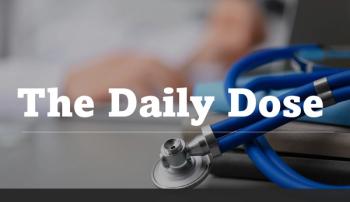
Your daily dose of the clinical news you may have missed.

Your daily dose of the clinical news you may have missed.
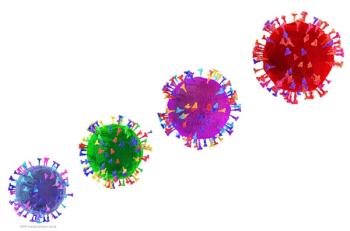
Infections with the JN.1 Omicron descendent have doubled since mid-November and now comprise 1 in 5 cases of COVID-19 in the US.
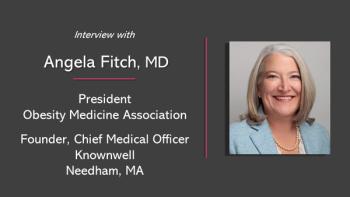
Angela Fitch, MD, president of the Obesity Medicine Association discusses key pharmaceutical and research developments in obesity medicine in 2023.

Your daily dose of the clinical news you may have missed.
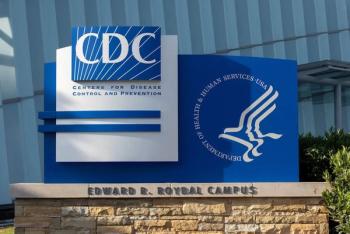
Vaccination against all 3 cocirculating viruses are lower than this time last year and hospitalizations are up across age groups, according to a CDC Health Advisory.
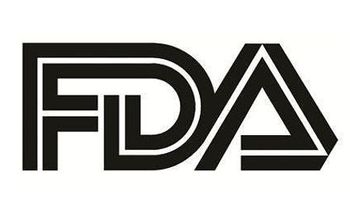
If approved the 21-valent shot would be the first pneumococcal conjugate vaccine indicated specifically for adults.

The American Board of Obesity Medicine says annual first-time certificates now exceed those for cardiology, pulmonology, and medical oncology.

Misinformation about COVID-19 vaccines may have eroded parents' trust in vaccination for their children, according to authors of new research.
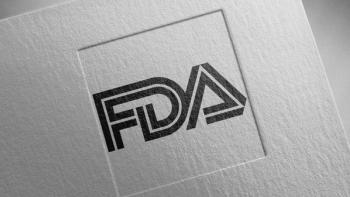
The US FDA approved expanded indications for bempedoic acid and bempedoic acid plus ezetimibe for primary hyperlipidemia.

The 62-year-old woman says she nearly fainted and feels weak and nauseated. Her BP is 77/49 mm Hg and she is retaining urine. Does the CT scan offer clues to a Dx?
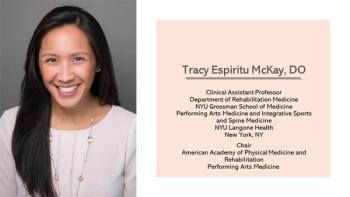
Physiatrist Dr Espiritu McKay works closely with primary care clinicians in getting performing artists back to work and stresses that early referral can make a big difference.

Your daily dose of the clinical news you may have missed.
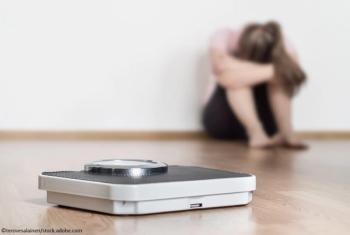
The task force recommends clinicians provide or refer children and adolescents with a high BMI to intensive, comprehensive behavioral interventions.

The injured dancer needs to perform on closing night; the physiatrist may need to securely tape an ankle in exchange for a promise that this performance will be the last for a while.
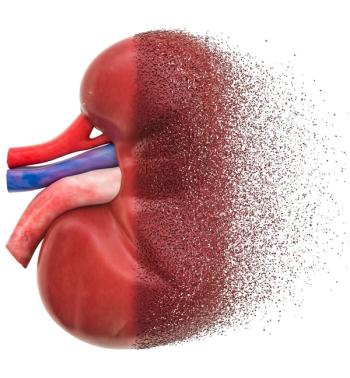
The study revealed disparities in access to crucial kidney transplant and nephrology care for persons with ESKD related to pregnancy vs to other causes.

Your daily dose of the clinical news you may have missed.
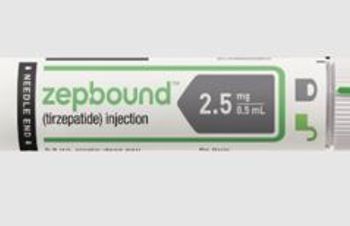
Study participants randomized to placebo for 1 year after 36 weeks on tirzepatide had mean weight regain of 14% vs augmented loss among those who continued on the medication.
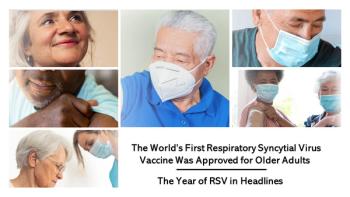
First-ever vaccines against RSV in older adults, from GSK and Pfizer, won FDA approval in 2023. This brief slide show highlights the year's headline news about both.